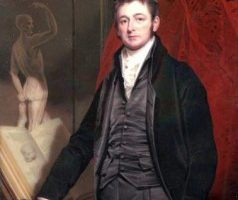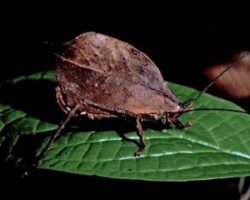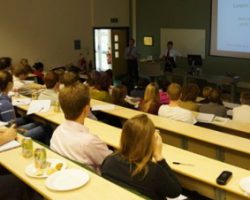
Anthony Carlisle: author, surgeon and discoverer of electrolysis
by Anita Sedgwick, project officer for Biology: Changing the World. The winners of the project’s ‘top ten’ poll were announced on the 9th June, and included Anthony Carlisle. Naked guardsmen and gothic novels aren’t the things that spring to mind when you’re first asked to think of a typical surgeon, but then Anthony Carlisle was far from typical. Born in 1768 in Stillington, a village in County Durham, he started his medical career training with his uncle in York. He then trained with a surgeon in the City of Durham before moving to London, where he became a Surgeon at Westminster Hospital in 1793. He held this position until his death in 1840. Carlisle had a full and varied career. He specialised in bones of the inner ear, structure of the spleen and thyroid gland, and studied the effects of inbreeding, electrochemistry, the spread of cholera and evolution. Within his surgical work, he…



